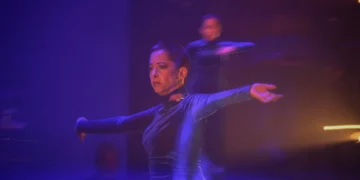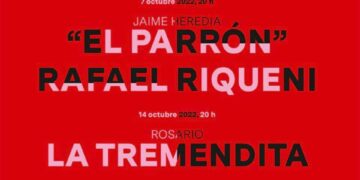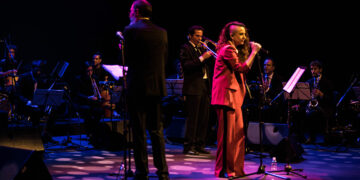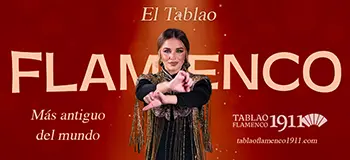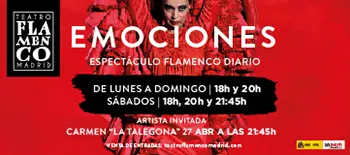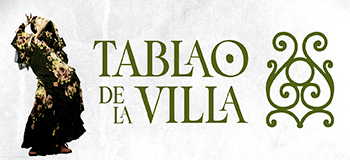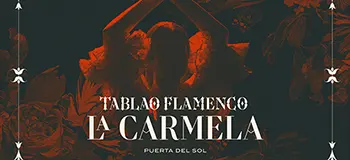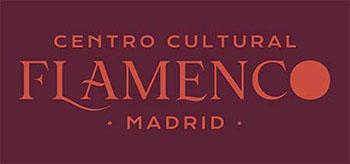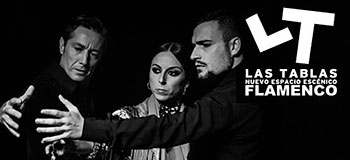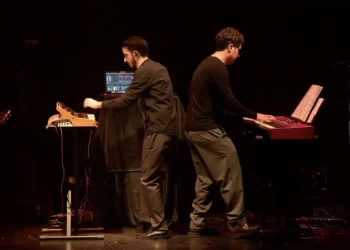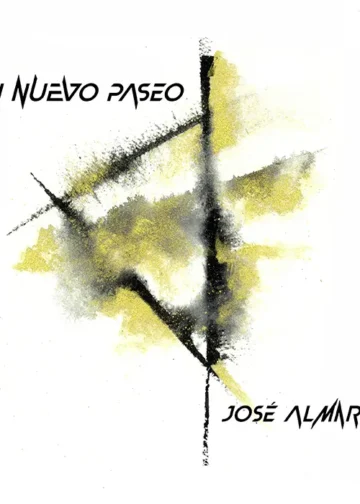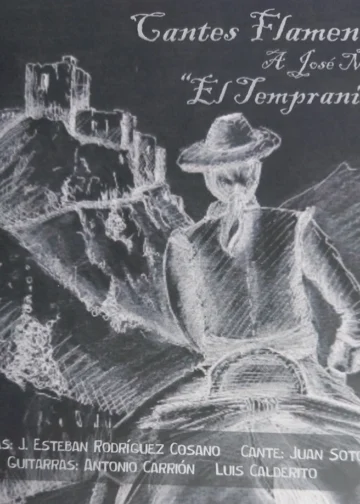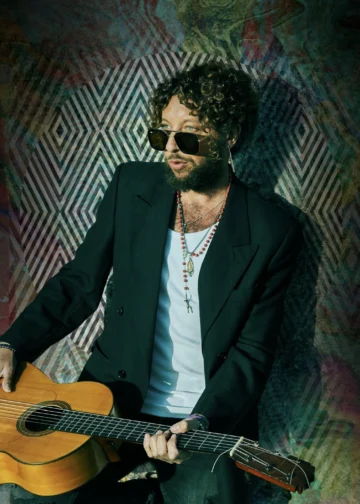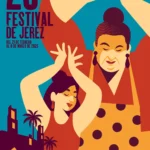|
|
||||||||
|
The second day of Vaivenes brought was perhaps the most daring show of the series so far this week. Little by little, the audience is understanding that this is a different kind of undertaking, far removed from triteness and prejudice, with a clear intention of addressing flamenco’s own historical demand for the avant-garde. Text: Juan Diego Martín Cabeza NOSTALGIA FOR THE FUTURE Dance: Belén Maya y Juan Carlos Lérida (guest artist) Actor: David Montero Guitar: José Luis Rodríguez Cante: Rosario la Tremendita Dj: David J. Fonseca Belén Maya has her own expressive language. A language she seeks out and embraces. A personal language that belongs to her time. A special aura of melancholy is present throughout this work, as if longing for something lost or which has yet to come. It is a work made of memories (are memories something we have, or have lost?), with bits of flamenco history in a netherworld halfway between fake tradition and an uncharted future. Again and again the artists-actors-dancers glance anxiously away from the stage which at times is comforting, at others moving. I have the feeling this show is defending flamenco from its stubborn defenders. This is as necessary as painting a moustache on the Mona Lisa. It’s healthful. Indispensable. In the first number La Tremendita sang the lovely tangos de la Penca for a sensual dance full of Granada arabesques and Belén’s personal touches. This is the most classic number, a kind of mirage that is constantly repeated, like a scratched record; the dancer resists repetition and easy applause. In the end, the dance is catharsis for artist and audience alike.
Then, soleá sung by Tremendita and danced by Juan Carlos Lérida, ultra slow, the slowest I have ever seen or heard, at 200 emotions per hour. Impossible to be slower…only death is slower. Next, two dancers and an actor, introduced by a cabal of Silverio impressively interpreted by Rosario la Tremendita. This wonderful singer is demonstrating just how good she is. The piece is three people, a composition, a picture that breaks from the straight-laced symmetry we’re accustomed to. And at that precise creative moment, thanks to a splendid sound mixer, the voices of Antonio Mairena and Anica la Periñaca among others recreate a symbolic gathering. The theatrical angle is based on that nostalgia of things to come, which at the same time appears as nostalgia for things lost…invented memories which were never one’s own. A father who loved flamenco and whose singing is remembered as having been heard from behind a door, or who is imagined as having overheard great singers from the room next door. It’s this sort of nostalgia Juan Carlos Lérida feeds on for one of the most beautiful compositions in the history of flamenco: the rondeña of Ramón Montoya. At the same time, Juan Carlos Lérida’s tragic dance unfolds. The show loses some of its likely intention of being intimate. It needs to be drawn in on such a large stage, surrounded by the towers of the castle that added so much to Barón’s staging the day before. Stage elements are lacking. Tremendita and Rodríguez were able to solve some problems with the mikes, turning the moment into a moving transgression of technical theatrical boundaries. All in all, it’s good for flamenco and for audiences that works such as these finally break out of standard closed spaces with limited attendance, to be seen at other venues. More information:
I |











